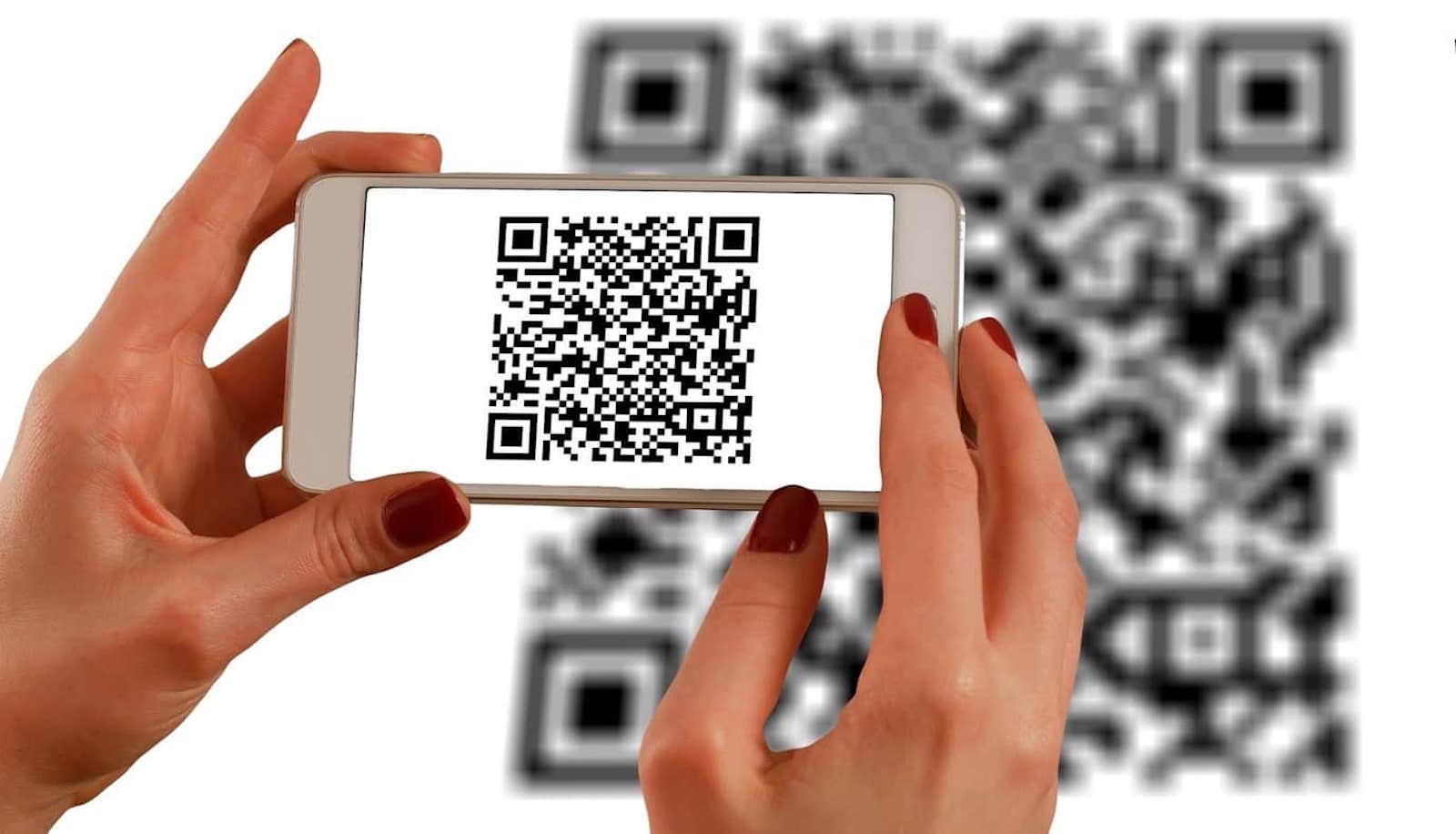Back in 2019, the University of Johannesburg (UJ) launched an all-new virtual certificate system to help students more easily check their qualifications. The idea behind the innovation was simple: Letting graduates access their certificates digitally and securely while simplifying sharing credentials with potential employers. When the system was implemented in 2019, UJ was the first institution in South Africa to offer digital certificates.
But that was back in 2019. Now, UJ feels that another addition is in order. Why? To further bolster the security of their graduates’ certificates. How? By implementing blockchain-based features for the current digital system.
QRn’t going to believe this

Certificates awarded from this year onwards will be printed with a QR code. This code will allow anybody with a smartphone to check the validity of the certificate by simply scanning the code. It’ll function as an extra level of security, helping prevent fraud, counterfeiting, and falsifying awarded qualifications. It’ll also save potential employers the need to call UJ to confirm the validity of a certificate or degree.
UJ’s Director of Central Academic Administration, Dr. Tinus van Zyl, said, “The public is now able to validate the awarded qualifications for UJ graduates without having to contact the University or having to go through a verification agency, just by scanning the QR code on the certificate and best of all, at no cost”.
Blockchain gang
UJ’s Registrar, Professor Kinta Burger, explained that the institution’s blockchain-based features would “…preserve the reputation of the institution and the integrity of qualifications”. What hasn’t been explained in any real detail is the actual blockchain side of things. Just how to make use it
UJ qualifications will be added to a blockchain. Which one doesn’t actually matter, as long as it sticks around. Presumably, there will be gas fees and smart contracts, but student qualifications should, in theory, be part of an immutable blockchain. As long as that chain is up and active, anyway.
If the chain disappears, then UJ’s QR code becomes worthless. But, if the idea works as intended, it would be an actual, useful implementation of the technology. It’s closely related to ideas that suggest using the platform to create actual, functional digital IDs. Time will tell how useful this turns out to be, but it’s a neat addition all the same. After all — if the QR codes stop working, there’s still a physical certificate to prove you went to varsity. Which is more than you can say for NFTs.



